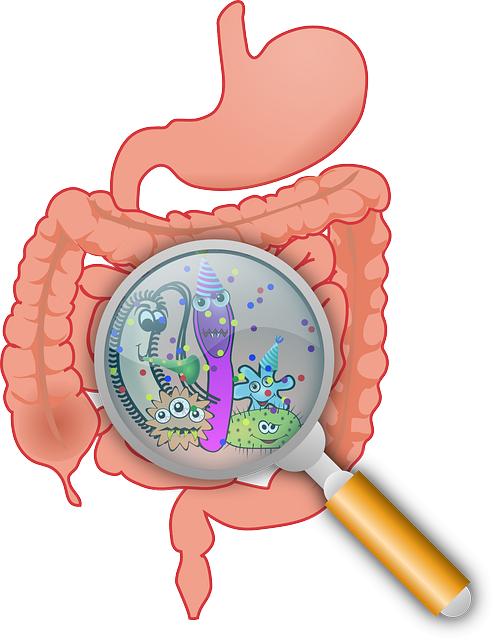
Gastrointestinal diseases are a common and sometimes debilitating health issue that affects millions of people around the world. With a wide range of symptoms and causes, understanding these diseases can be a complex task. In this article, we will explore the common causes of gastrointestinal diseases and how they can be managed and treated.
The gastrointestinal tract, also known as the digestive system, is responsible for breaking down food and absorbing nutrients to fuel the body. It is a complex system that includes the stomach, small intestine, large intestine, liver, gallbladder, and pancreas. When any part of this system is compromised or not functioning properly, gastrointestinal diseases can arise.
One of the most common causes of gastrointestinal diseases is inflammation. Inflammation can occur in the digestive tract due to a variety of reasons, including infections, autoimmune disorders, and dietary factors. Conditions such as Crohn’s disease, ulcerative colitis, and celiac disease are all examples of inflammatory gastrointestinal diseases that can cause abdominal pain, bloating, diarrhea, and other symptoms.
Infections are another common cause of gastrointestinal diseases. Bacterial, viral, and parasitic infections can all affect the digestive tract and lead to conditions like gastroenteritis, food poisoning, and parasites. These infections are often transmitted through contaminated food or water and can cause symptoms such as nausea, vomiting, diarrhea, and fever.
Additionally, dietary factors play a significant role in gastrointestinal health. Eating a diet high in processed foods, sugar, and unhealthy fats can disrupt the balance of bacteria in the gut and lead to conditions like irritable bowel syndrome (IBS) and indigestion. Food allergies and intolerances can also trigger gastrointestinal symptoms, such as bloating, gas, and diarrhea.
Digestive disorders, such as acid reflux, gastritis, and peptic ulcers, can also contribute to gastrointestinal diseases. These conditions often result from an imbalance of digestive enzymes and stomach acid, which can lead to heartburn, stomach pain, and ulcers. Chronic stress, smoking, and excessive alcohol consumption can exacerbate these conditions and increase the risk of developing gastrointestinal diseases.
Genetics can also play a role in the development of gastrointestinal diseases. Certain genetic mutations can increase the risk of conditions like inflammatory bowel disease, colon cancer, and pancreatic disorders. Family history of gastrointestinal diseases should be taken into consideration when assessing individual risk factors and developing a treatment plan.
Other common causes of gastrointestinal diseases include hormonal imbalances, medications, and underlying medical conditions. Hormonal fluctuations can affect digestion and lead to symptoms like constipation, bloating, and abdominal pain. Certain medications, such as nonsteroidal anti-inflammatory drugs (NSAIDs) and antibiotics, can disrupt the gut microbiome and cause gastrointestinal side effects.
Underlying medical conditions, such as diabetes, thyroid disorders, and liver disease, can also impact gastrointestinal health. These conditions can affect the functioning of the digestive organs and lead to symptoms like nausea, vomiting, and diarrhea. Proper management of these underlying conditions is essential in preventing the development of gastrointestinal diseases.
In conclusion, understanding the common causes of gastrointestinal diseases is essential in promoting digestive health and preventing the onset of debilitating conditions. Inflammation, infections, dietary factors, digestive disorders, genetics, hormonal imbalances, medications, and underlying medical conditions all play a role in the development of gastrointestinal diseases. By addressing these factors and adopting a healthy lifestyle, individuals can reduce their risk of developing gastrointestinal diseases and improve their overall well-being. Consulting with a healthcare professional for a proper diagnosis and treatment plan is crucial in managing gastrointestinal diseases and maintaining digestive health.












